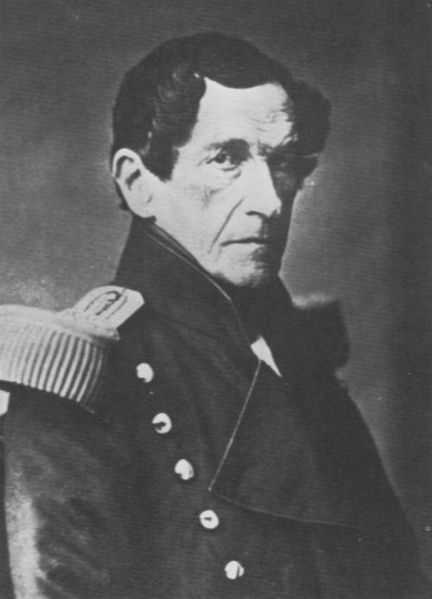Why a German became the first King of the Belgians
- 21. July 2017 - General, Historical Events, History, Holiday, Knowledge, Personalities
Since 1890, 21 July is the Belgian National Day. This goes back to 1831 when the first King of the Belgians, Leopold I, took the oath on the constitution of the newly independent nation. He came from a German dynasty.
The small neighboring country of Germany that today has a population of about 11,3 Million as well as three official languages (Dutch, French and German), has been under many different reigns in history (the name Belgium is derived from the former Roman province Gallia Belgica). Only in 1830 the country became independent. Previously it was united with the Netherlands into the United Kingdom of the Netherlands in 1815 by the Congress of Vienna after the fall of Napoleonic France. Due to religious, linguistic and political reasons a revolution broke out in 1830. The primarily catholic south, speaking mostly French separated from the mainly protestant, Dutch north. A provisional government declared independence on 4 October 1830. At the end of the year this was approved in London by the great powers (Great Britain, Austria, Prussia, Russia and France).
The newly selected National Congress adopted a new Belgian constitution in February 1831. It was comparatively progressive, included extensive civil rights and arranged for a constitutional monarchy. But it wasn’t easy to find a new king. The Dutch House of Orange-Nassau the Belgians just had fought was disqualified by constitution. The local high nobility, like count Félix de Mérode, who had been a member of the provisional government and would later be a minister, declined. Afterwards the son of the new French king Louis-Philippe I, Louis, Duke of Nemours, was considered but wouldn’t do either. Great Britain as well as the Belgian prime minister were against it, because they feared that France might take over Belgium.
A much better fit was Leopold, prince of Saxe-Coburg-Saalfeld (from 1826 onwards prince of Saxe-Coburg and Gotha) who was born in Coburg on 16 December 1790. The widower of the British heiress to the throne had family as well as friendly contacts not only to Great Britain but also Russia and France. Furthermore, as a protestant he was able to act as a counterbalance to the Catholic Church. He was asked to be King of Greece in 1830, but declined in favor of the Belgian crown.
Leopold of Sax-Coburg and Gotha first set foot on Belgian ground at the Beach of De Panne on 17 July 1831. Only four days later he took the oath on the constitution. By the way, in Belgium a successor doesn’t become king as soon as his predecessor dies, but only after he takes this oath. Less than two weeks after the inauguration, the Netherlands initiated a military offensive that was stopped by France and Great Britain, in the end by a naval blockade. It took until 1839 for Belgium and the Netherlands to agree on a peace agreement. Due to this contract, Belgium was obliged to remain neutral in foreign affairs.
After his inauguration, Leopold I married Louise of Orléans, the catholic daughter of the French king in 1832. He died on 10 December 1865 and was succeeded by his son Leopold II. Since 2013 Philippe is the 7th King of the Belgians.


0 comments